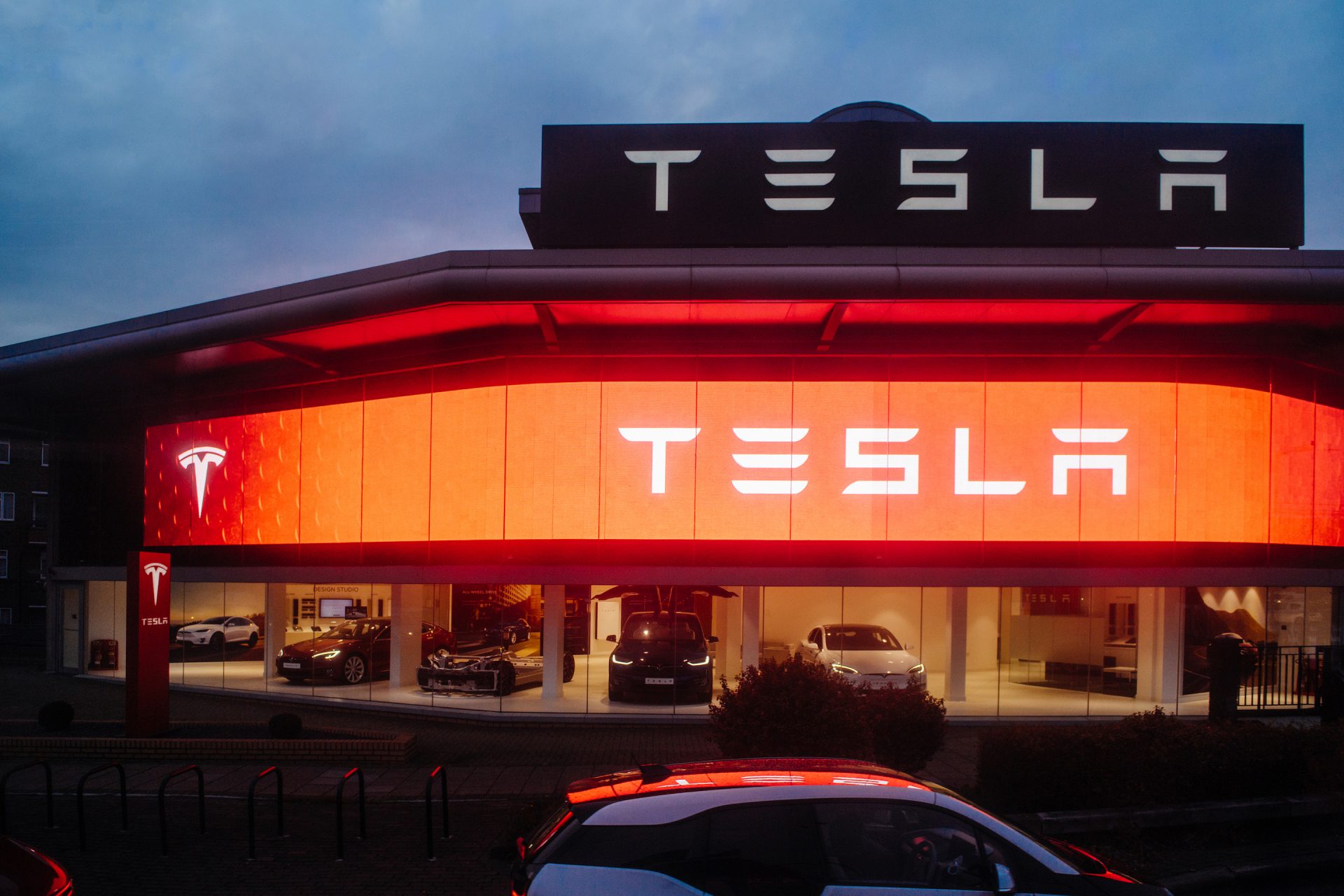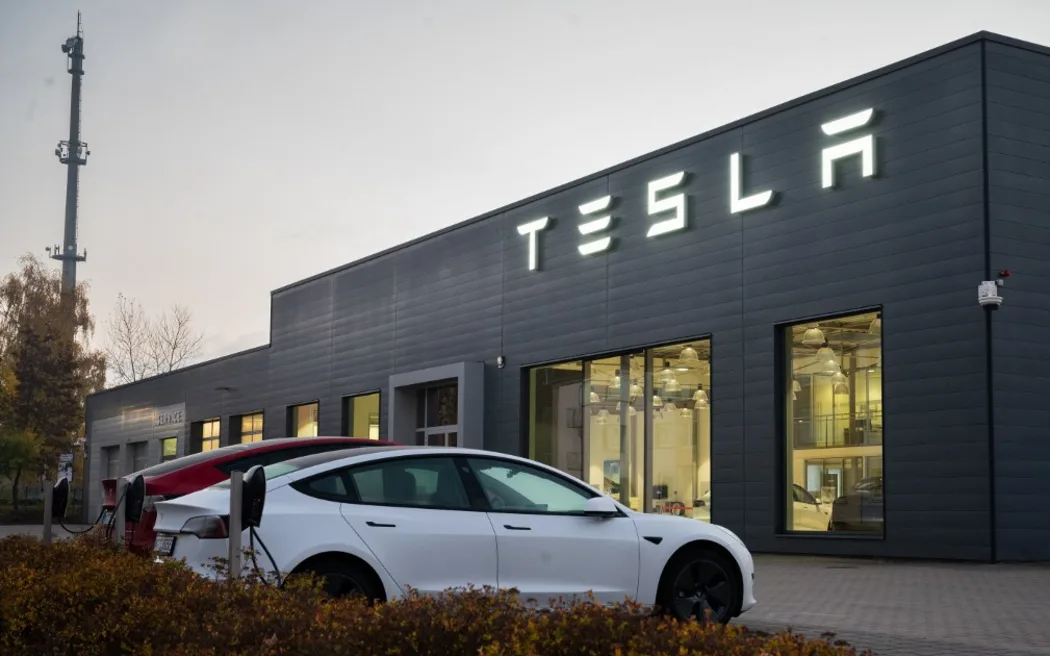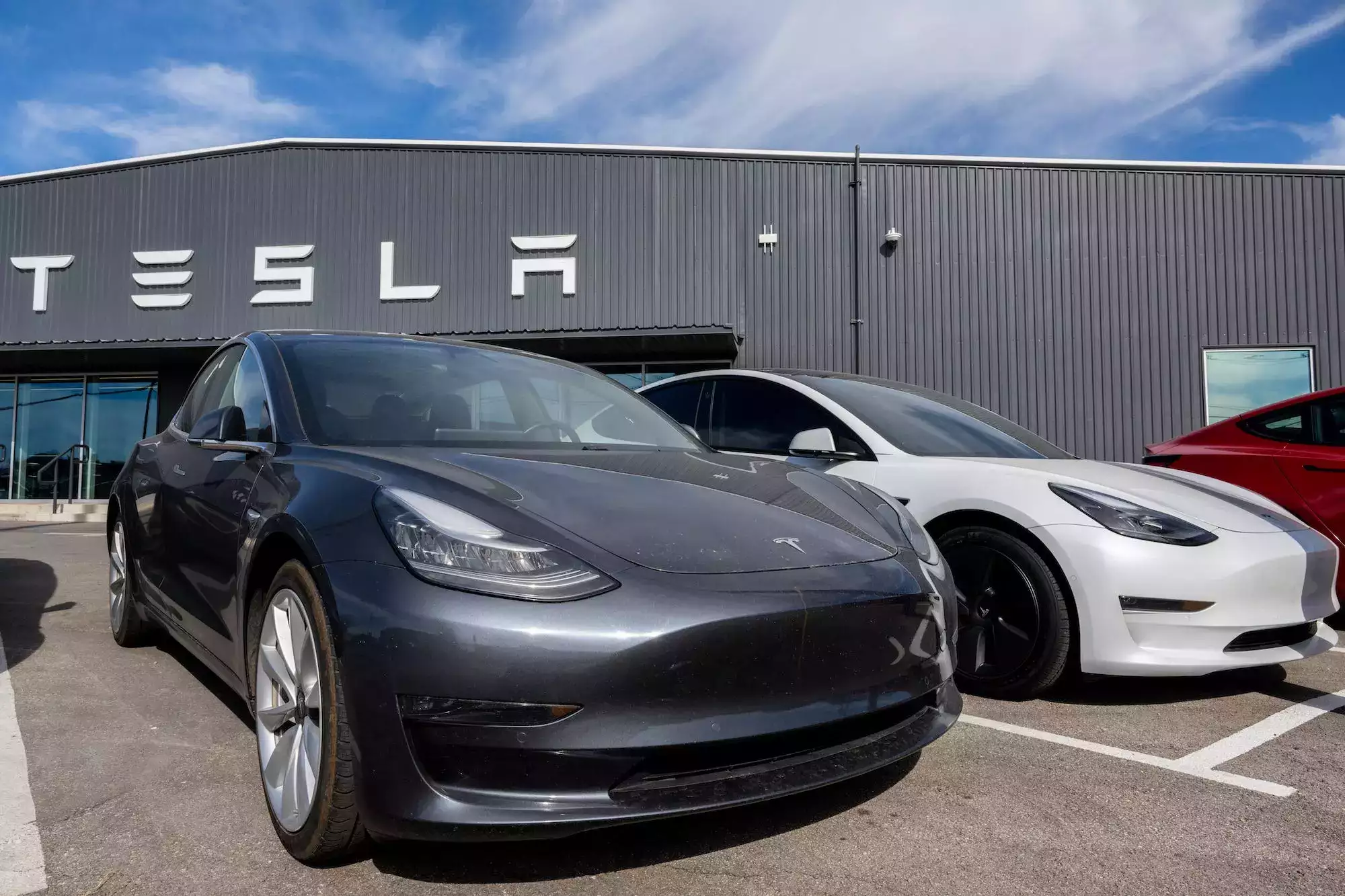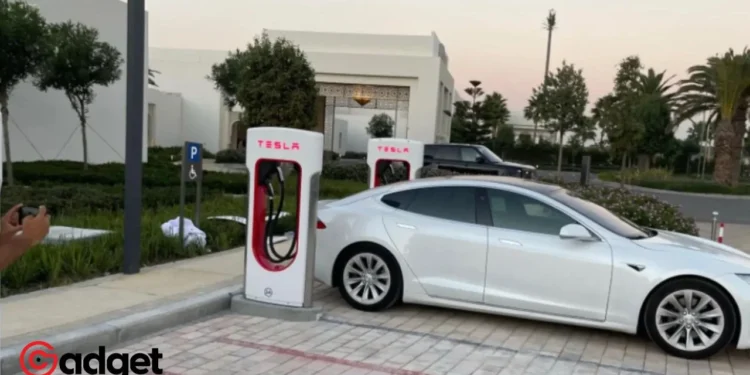Tesla, the electric vehicle (EV) giant, has once again demonstrated its legal prowess, this time in a battle over exaggerated EV range claims. In a significant ruling, a federal judge has mandated that Tesla drivers who allege the company grossly overstated the range capabilities of its vehicles must resolve their disputes individually through arbitration, rather than collectively in a class-action lawsuit.
This decision underscores the intricate balance between consumer rights and the contractual agreements that bind them.
A Deep Dive into the Dispute
At the heart of the controversy is the claim that Tesla has been overly optimistic about how far its electric vehicles can travel on a single charge. This assertion gained momentum following a Reuters investigation last year, which highlighted discrepancies between advertised and actual vehicle ranges.
According to the investigation, Tesla’s ambitious range claims left many owners perplexed, suspecting faults in their vehicles when they failed to achieve the promised distances.
To manage the ensuing customer dissatisfaction, Tesla reportedly established a “Diversion Team,” often canceling service appointments because it was impossible to enhance the vehicles’ real-world range.

As a result of this discovery, two lawsuits that were related to each other were filed in the United States District Court for the Northern District of California. In these lawsuits, Tesla drivers who were dissatisfied with the company’s products attempted to represent a larger group of the company’s consumers.
Their joint legal action, on the other hand, ran into a difficult obstacle when the court brought attention to a crucial arbitration clause that was included in the Tesla purchase agreement.
As stated by United States District Judge Yvonne Gonzalez Rogers, this section says that disagreements must be settled by an arbitrator while operating under the auspices of the American Arbitration Association, rather than in a courtroom environment.

Legal Nuances and the Path Forward
The plaintiffs contended that this arbitration agreement was unenforceable, invoking the McGill v. Citibank precedent, which addresses the enforceability of arbitration provisions that waive the right to seek public injunctive relief.
Yet, Judge Gonzalez Rogers clarified that the precedent does not automatically entitle plaintiffs to pursue class actions.
Public injunctive relief, as defined in this context, aims to rectify behavior for the public’s benefit rather than serving individual or class interests exclusively. This means that a successful arbitration case against Tesla could still result in an injunction that mandates changes to how the company advertises its vehicle ranges, aligning with broader consumer protection goals.
Tesla drivers who sued over exaggerated EV range are forced into arbitration https://t.co/ZNeoUHMPGP pic.twitter.com/JB2wnAPwOc
— Tech News Tube (@TechNewsTube) March 8, 2024
Tesla’s robust defense of its arbitration clause is not unprecedented. A similar stance helped the company prevail in a separate case concerning its “self-driving” technology claims. Critics of the arbitration process argue that it tends to favor corporate entities by limiting consumers’ ability to band together and exert collective pressure.
Implications for Tesla Owners and the EV Industry
This ruling is a pivotal moment, not just for Tesla and its customers, but for the electric vehicle industry at large. It highlights the legal and ethical complexities surrounding EV range claims, a critical factor for consumers in the burgeoning market for environmentally friendly transportation options.

As the legal landscape evolves, Tesla owners seeking recourse for perceived range discrepancies must navigate the arbitration process, a pathway that, while individualized, still offers a mechanism for addressing grievances and influencing corporate behavior.
The outcome of these arbitration cases and any subsequent public injunctive relief will be closely watched, potentially setting precedents for how consumer protection is balanced with contractual obligations in the innovative and fast-paced world of electric vehicles.










